SS #33: Narration: The Act of Knowing (with Karen Glass!)
In today’s episode, Brandy and Karen dig deeply into the connection between narration and knowledge. Unfortunately, because Karen is in Poland, the sound is below our normal quality. We guarantee, however, it is still worth listening!
Listen to the podcast:
TUNE IN:
Apple Podcasts | Spotify | Stitcher
Narration is how you come to know
Today’s Host
Today’s Guest: Karen Glass
Brandy is pleased to have Karen Glass back on the show today. Karen is the author of Consider This: Charlotte Mason and the Classical Tradition, she’s the brain behind Mind to Mind, an abridgment of Charlotte Mason’s sixth volume, and her third book, Know and Tell: The Art of Narration just debuted last month. Karen Glass is part of the Advisory of AmblesideOnline. She has four children, mostly grown and married, who were homeschooled using Charlotte Mason’s methods from beginning to end. She has been studying and writing about Charlotte Mason and Classical Education for over twenty years.
Narration, the art of telling, has been used as a pedagogical tool since ancient times. Over one hundred years ago, Charlotte Mason methodized narration and implemented it in scores of schools in Great Britain. Over the past few decades, educators in the US, mostly in home schools, have followed her guidelines with outstanding results.
This book discusses the theory behind the use of narration and then walks through the process from beginning to end, to show how simply “telling” is the foundation for higher-level thinking and writing.
While narration has grown popular among homeschoolers, it also works well in the classroom. In this book, you will find sample narrations and many resources to help you use narration with your students in any setting. If you’ve been wanting to try narration, but haven’t felt confident enough to rely on an unfamiliar method, this book will give you the tools that you need to make the process easier.
People are narrating every day, and this book will show you how to make that natural activity a vital part of education that enhances children’s relationship with knowledge and allows them to grow into skilled communicators.
“As teachers and parents, we want to open doors for the children, so that they have every chance to make connections to the things they are learning and to communicate what they know. With a little creativity, we can find ways to make it possible for almost every child to narrate.”
Karen Glass, Know and Tell, p. 51
Scholé Every Day: What We’re Reading
Poetic Knowledge, James Taylor
This is a re-read for Karen, but it’s been so many years since she read it last that it feels very fresh.
Treatise on Knowledge, Samuel Taylor Coleridge
Also a re-read, Karen is enjoying it, but doesn’t necessarily recommend it if you’re not super into educational philosophy.
Writing to Learn, William Zinsser
Brandy has only got through the preface of this book so far, but she’s looking forward to reading it and expects good things because she has enjoyed one of the author’s other books, On Writing Well.
What is Knowledge?
Knowledge and information are different. There’s a difference between knowing something and knowing about something. Knowledge is not just being able to relate facts. It’s such a broad topic that a whole branch of philosophy, epistemology, is devoted to studying how we can know things.
Memorization vs. Narration
There’s a difference between memory and memorization. You can have a huge amount of knowledge and even be able to remember and recall things without ever having made a conscious effort to memorize that knowledge.
Narration requires a student to recall the material and communicate it in their own words, it requires them to think about and interact with it in a way that memorizing doesn’t. Rattling off facts, or even learning them off by heart, doesn’t give you the same intimacy with them that Narration does. Narration gives a deeper understanding, and the act of narrating also solidifies your memory of the thing.
Better thinking by narration
Narration is a form of thinking. It is learning by imitation, following in the footsteps of someone else but thinking your own thoughts about it. Narration is an organic process. Narration shows that you truly know something, because if you know something, you should be able to do something with that knowledge.
“Narration is like a key, it’s the “open sesame” into all of this higher level thinking.”
Karen Glass, Episode #33
Some Narration Tips
At some point kids need to know why you’re making them narrate. Especially for introducing older students to narration, telling them some of the reasons we’ve discussed can lessen that resistance. And even if you have a student still resisting narrating, make them do it anyway. Even if you’re students never like narration, they can still benefit from it. Narration is a hill worth dying on (they’ll thank you later.)
When a nine or ten year old student is just starting written narrations, frequency is more important that more content. Instead of require five sentences once a week, try requiring a couple sentences three times a week. The repetition builds the muscle.
For an oldest student, modeling narration by doing it yourself can be a lot more helpful than lengthy explanation.
Narration can be utilized in many homeschooling styles, not just Charlotte Mason.
Don’t Give Up!
If you’ve tried using narration in your homeschool, and then dropped it because it seemed too hard, try narrating something yourself. Once you can actually sympathize with the difficulty and seen the benefit for yourself, it’s easier to bring your students along.
Narration can be such a blessing, and something that we can get so much out of. And even students that are resistant to narration get the benefits from doing it.
“He will find that in the act of narrating every power of his mind comes into play, that points and bearings which he had not observed are brought out, that the whole is visualized and brought into relief in an extraordinary way, in fact, that scene and argument has become part of his personal experience. He knows, he has assimilated what he has read.”
Charlotte Mason, Vol. 6, p. 16
Mentioned in the Episode
Listen to related episodes:
SS#154 – Discussion is a part of classical education
SS #18: The Low-Down on Narration

Want to talk about the ideas presented here? The conversation is happening inside Sistership.
Podcast: Play in new window | Download




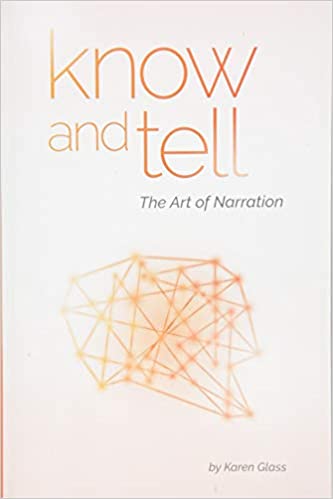
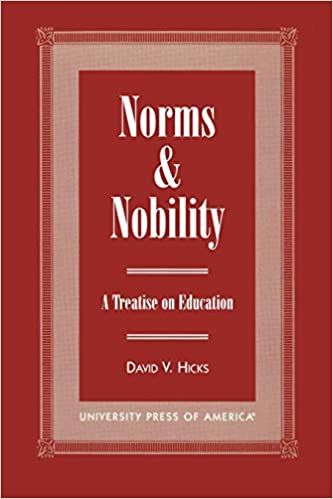
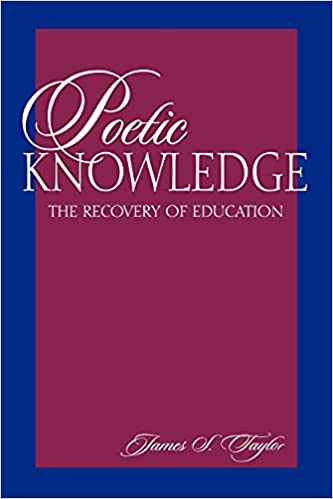
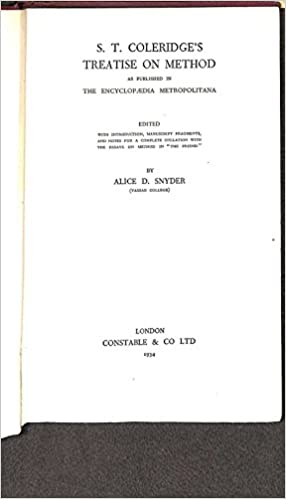
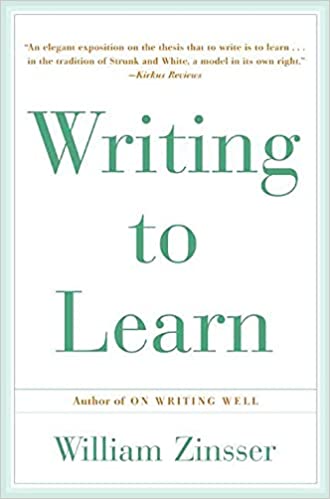
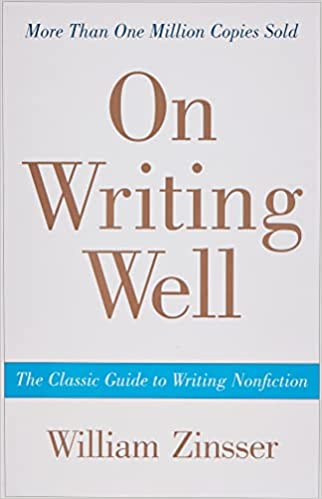
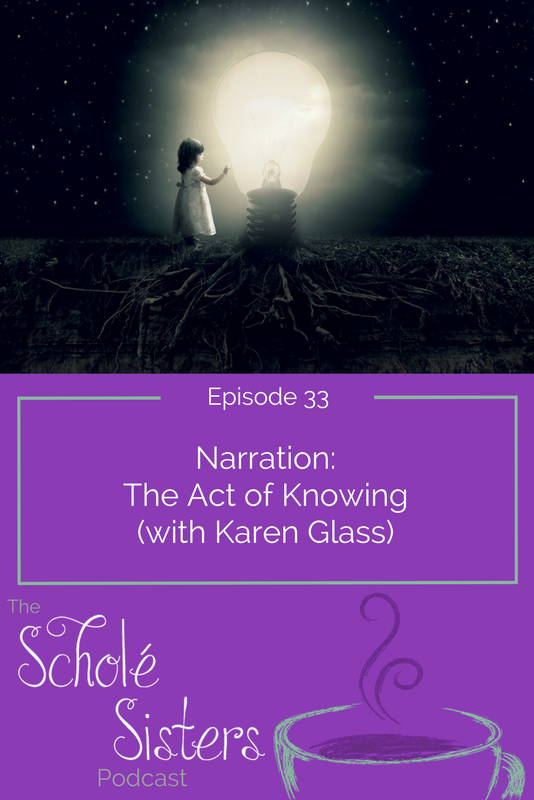
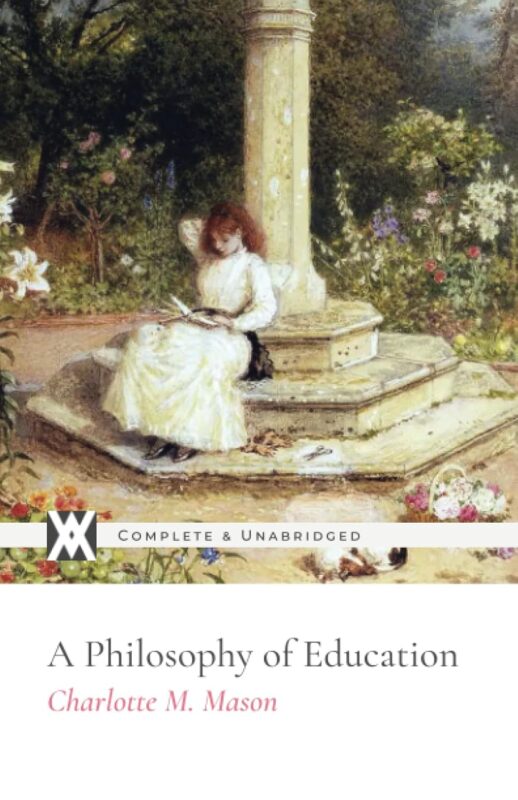
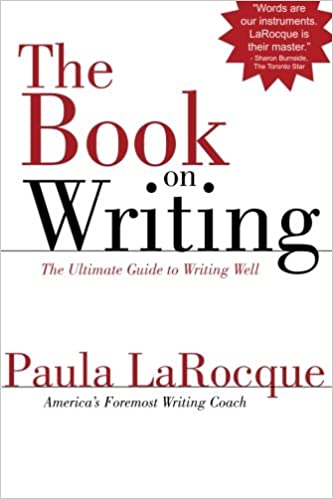
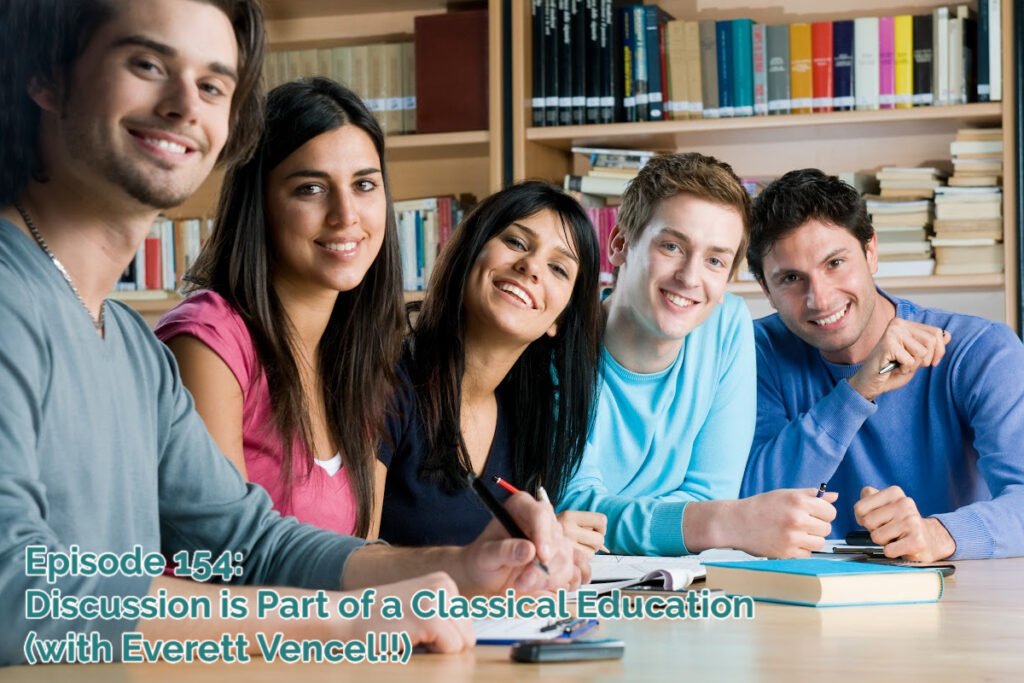
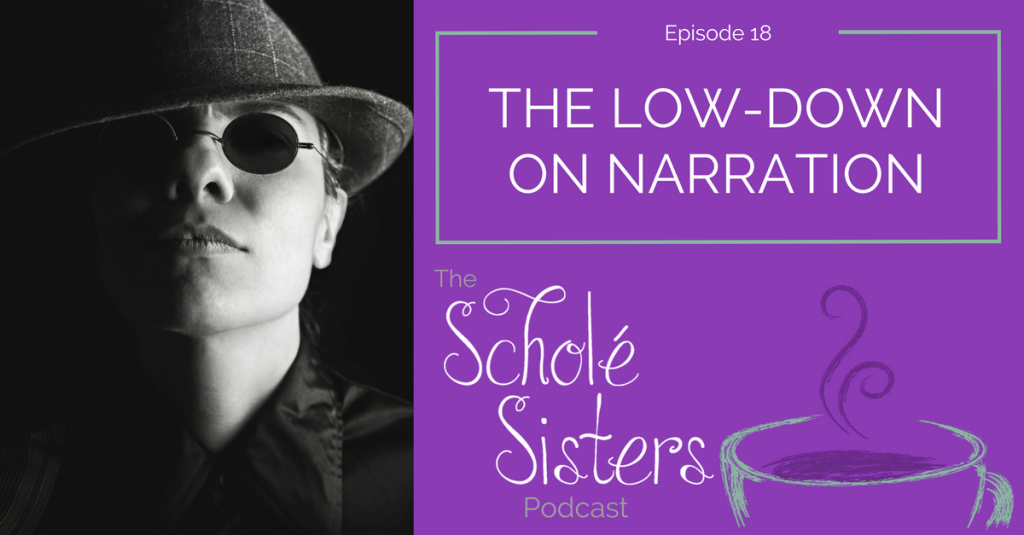

I so much enjoyed this. I appreciate how much better I remember things when I narrate and also notice how much it enhances my daughters’ education.
My understanding is that you guys think memorization is not very effective. Do you assign Bible memorization in your homeschool, and if not, what do you recommend instead?
We have always done Bible memorization. I can’t speak for Mystie, but we do Charlotte Mason style memorization. This means that we choose a passage within the large section of Scripture we are reading for Bible (which will also be narrated) during the term. For younger children, this is usually 6 verses; more for older. We usually memorize by just reading the passage aloud each day, though sometimes a child gets motivated and works on it on their own time.
We don’t usually do the list type of memorization that seems to be popular because I believe facts should always be presented in the context of living ideas. So that doesn’t mean no memorization, but rather it means long form so that there is context. So speeches or lines from Shakespeare or whole poems, etc. Math facts after they understand the function. I think that’s all I can think of. 🙂